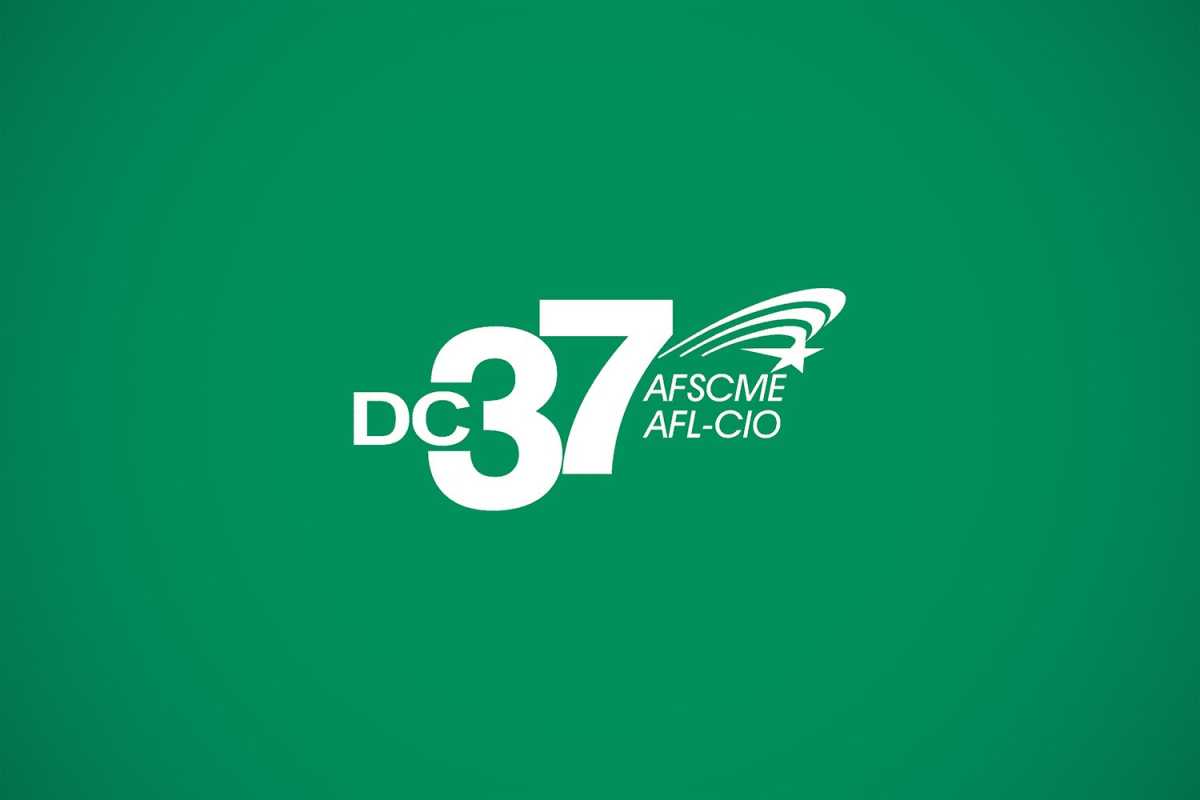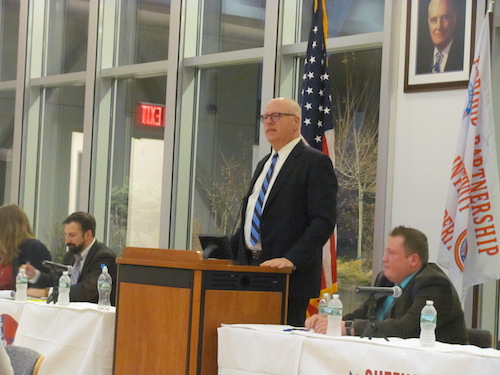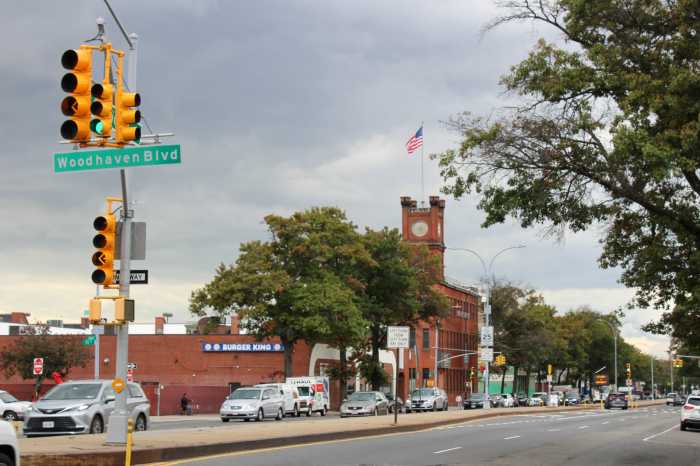District Council 37, New York City’s largest public employee union, hosted a Virtual Mayoral Candidate Forum on Tuesday where they grilled 2021 mayoral candidates, such as Brooklyn Borough President Eric Adams, Councilmember Carlos Menchaca (D-Brooklyn), City Comptroller Scott Stringer, former presidential nominee Andrew Yang, Maya Wiley, former Sanitation Chief Kathryn Garcia, Dianne Morales, and entrepreneurs Shaun Donovan and Ray McGuire.
“People think about teachers, and police, firefighters and first responders, and they deserve the credit,” said Executive Director Henry Garrido, a native of the Dominican Republic and the first Latino to head DC 37 since it was formed in 1944. “But we’re also just as important. We’re 911 operators, EMS workers, and school aides and crossing guards. Almost 30,000 hospital workers deemed essential employees and as such on the forefront of the pandemic not unlike September 11th. They were the first to run towards the pit.”
The forum questions ranged from freezing outside city contracts, the struggling Metropolitan Transportation Authority (MTA) system, the homelessness crisis, climate change, public housing and New York City Housing Authority (NYCHA) to policing and the civilian complaint board.
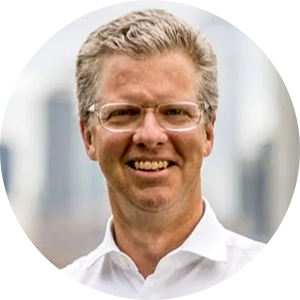
Candidates were asked what their positions were on contracting out city services since procurement contracts, or when the city does business with outside vendors, have been criticized as slow, unnecessarily complex buying with outdated regulations and noncompetitive bidding that doesn’t always deliver on value for the city. “Better vendor relations, streamlined processes, technology, and flexibility” would give the procurement system better deals, reported the Citizens Budget Commission.
Most of the candidates agreed that city workers should be prioritized and the budget shouldn’t be “balanced on the backs” of those on the frontline.
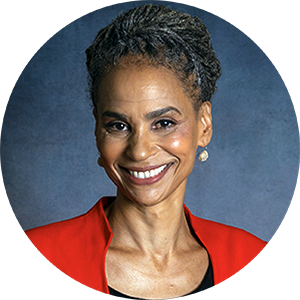
Donovan said that “contracting in” would save the city money. He said in his experiences with handling large city and state budgets, he’s worked with “high road contracting,” which basically eliminates contracts in the government they didn’t need. Donovan said the other side of that is holding contractors accountable to wage standards, healthcare, and benefits as well.
“When we’re talking, which we should not be, about laying off 22,000 of our people, I just want to say is it absolutely correct to say stop wasting limited dollars on outside city government and outside of our residents getting city jobs,” said Wiley on the contracting issue.
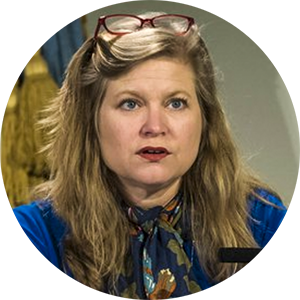
Garcia said that during her tenured work for the city she has often outsourced maintenance work to contractors. She said that prompted the Department of Environmental Protection (DEP) to design a program to have city sewage workers compete with contractors to ensure that not only did the work get done but also the best quality and staff were on the job. “I’ve seen it happen, I’ve implemented it, and I know it can continue,” said Garcia.
The forum moved on to the issue of “wasteful” spending in city government from there and how candidates can address it and the budget gap without raising taxes.
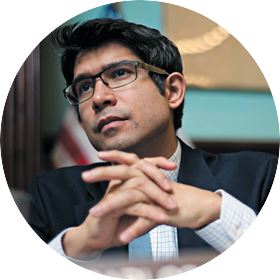
Menchaca said there is no doubt that there is waste in the city’s budget. “City council has been negotiating the last seven years and in the last seven years our budget has ballooned,” said Menchaca. Menchaca said reviewing city agencies and projects from Mayor Bill de Blasio would be a start, like Chirlane McCray’s ThriveNYC that caught heavy flack for not being transparent enough with budgeting. He said he’d then move to assessing the police budget and “demilitarizing” the police force to culturally reset officers who have been at odds with their neighborhoods, especially in Black and Brown communities as evidenced in the numerous protests since last year.
Donovan pointed out that the city hasn’t been a leader in healthcare and prescription drug care.
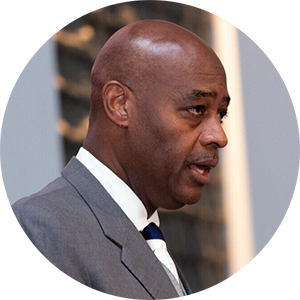
McGuire said there has to be a vision for how the city’s budget will grow in the upcoming years, drawing on his decades of Wall Street financing experience. He said there’s not a surplus in the budget but a clear deficit that needs to be addressed with focus on job creation and efficiency.
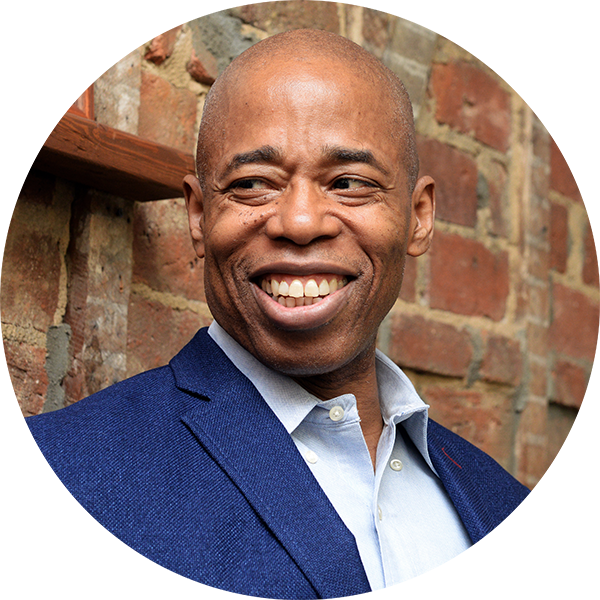
Turning to the issue of police reform, Adams recounted his personal experiences with police brutality and the NYPD before launching his organization for more representation and officers of color in the police department. “No more four years before we remove police officers who are abusive, fair trial and quick trial within 60 days for those being tried with serious instances of abuse,” said Adams. Adams said that he’d also charge officers who don’t step in to take affirmative action to stop abusive officers with aiding in concert, and move internal affairs investigations solely to the Department of Investigations (DOI).
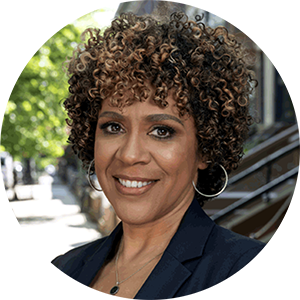
Morales said that reclaiming and redefining public safety and eliminating impunity is important to keeping communities safe. “The other thing that we have to do is remove the burden from police officers that have to respond to situations that are in fact not crimes in progress. We know that the majority of calls to the police are actually social conditions, people that are homeless, people that are suffering from mental health challenges, people that have substance abuse issues, and that’s why I’ve called for a community first responders unit that would be staffed with people who are trained to intervene and de-escalate,” said Morales.
Stringer said he also agreed with Morales’ ‘rethink’ policing sentiment. He said that he’s agreed to reallocate funds from the police department back into communities of color that have had long histories with over policing and violence to build mentor-ship and summer programs.
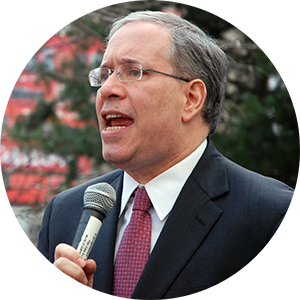
“I think most people agree that we are over-investing in not just the $6 billion dollars plus the NYPD, but as Ray mentioned, we’re spending hundreds of millions of dollars settling lawsuits that are filed against the NYPD every year. And just imagine all of the uses of $200 million dollars plus a year that would be in our schools, for essential workers, that’s instead going to settle lawsuits,” said Yang. “I think everyone agrees we’re under-investing in our communities that are struggling with substance abuse and mental health issues and that every bit we invest there is going to pay off on multiple fronts.”
On the topic of transportation, candidates were asked about the city taking ownership of the subway systems. The MTA, in its most recent budget hearing last Thursday, decided to delay fare hikes for trains and buses after an outpouring of public and political opposition despite a crippling deficit.
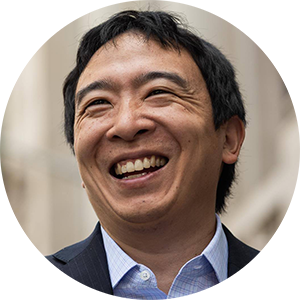
Adams said that he wouldn’t do it without the purse strings and you have to have capital in order to give the system what it needs. “What we should do is expand the MTA board with a member from every borough. We need louder voices on the board,” said Adams.
“The MTA is significantly large, billions of dollars, we simply cannot afford this. We don’t have the resources to run the MTA the way it’s supposed to be run,” McGuire, agreeing with Adams and advocating for addressing the current budget with federal government support.
Stringer said he has definitely crunched the numbers on the mountain of debt and it’s something the city cannot take on, while Yang suggested coming up with revenue streams, like congestion pricing, that can be funneled back into the MTA.
Wiley said that transportation equity is a critical component to addressing “transit deserts” in communities.
(This article was originally posted on our sister site, Kings County Politics.)


